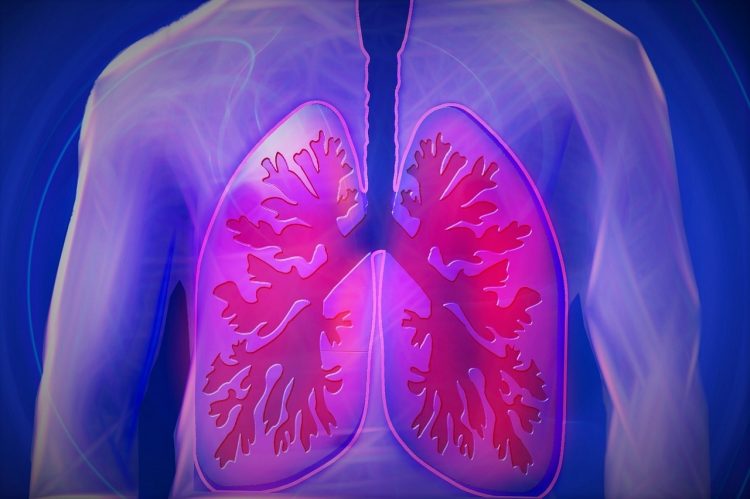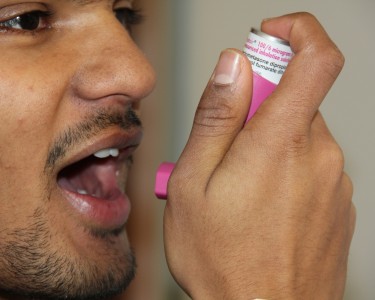Researchers from Leicester’s Hospitals and the University of Leicester will lead a £2 million project to address patients with chronic lung disease in the developing world through pulmonary rehabilitation.
Chronic lung disease is associated with cigarette smoking, damage following TB, fumes from cooking on open stoves and air pollution. Chronic lung disease is rife across the developing world. Unsurprisingly, the disease affects the most vulnerable in society and affects people at a younger age than is the case in high-income countries.

Sufferers are frequently disabled by their breathlessness. As a result, individuals experience a reduced ability to exercise, poor quality of life, and can become depressed, socially isolated and unable to work. Medication is expensive, often unavailable, and does not reverse the profound disability caused by the lung disease.
The project will focus on developing, testing and delivering suitable pulmonary rehabilitation (PR) programmes in low and middle income countries (LMICs). PR is a low cost, high impact healthcare intervention backed by strong scientific evidence. It reverses the disability associated with lung disease by offering supervised exercise training and disease education, which supports patients to manage their condition.
The project, named RECHARGE, is funded by the NIHR Global Health Research Programme. The aim of the Programme is to build on existing expertise within the UK and the wider global health community to support outstanding research that addresses health issues affecting the poorest and most vulnerable people in LMICs.
Professor Sally Singh, professor of pulmonary and cardiac rehabilitation at Leicester’s Hospitals and honorary professor at the Universities of Leicester and Loughborough is the director of the RECHARGE project. She said: “I am delighted that the NIHR has funded this research project into managing chronic lung disease using pulmonary rehabilitation in low and middle income countries.
“In the first part of our project, we will train our health professional colleagues in Kyrgyzstan, Uganda, India and Sri Lanka to develop a PR programme to help patients manage chronic lung disease. We will work with health care professionals and patients to develop a form of rehabilitation that will be acceptable to all those involved. PR is currently not available in our partner countries, so our project will fill this important gap and address this unmet need.”
Dr Rupert Jones, associate professor at the University of Plymouth and deputy director of the RECHARGE project said: “We will conduct research with colleagues in our partner countries into what are culturally acceptable PR interventions for their patients, so that participation is high and has a real impact on reducing the disability associated with lung disease and improving wellbeing in this patient population. We want to measure both the impact PR has on the patients and on the staff who provide it.”
The project has the backing of The British Thoracic Society, which has agreed for its online and face to face training programmes to be used as a framework to develop an education package for staff in LMICs.
The research team is supported by the Centre for Exercise and Rehabilitation Science, a world leading centre in cardiopulmonary rehabilitation, which is part of the NIHR Leicester Biomedical Research Centre.






